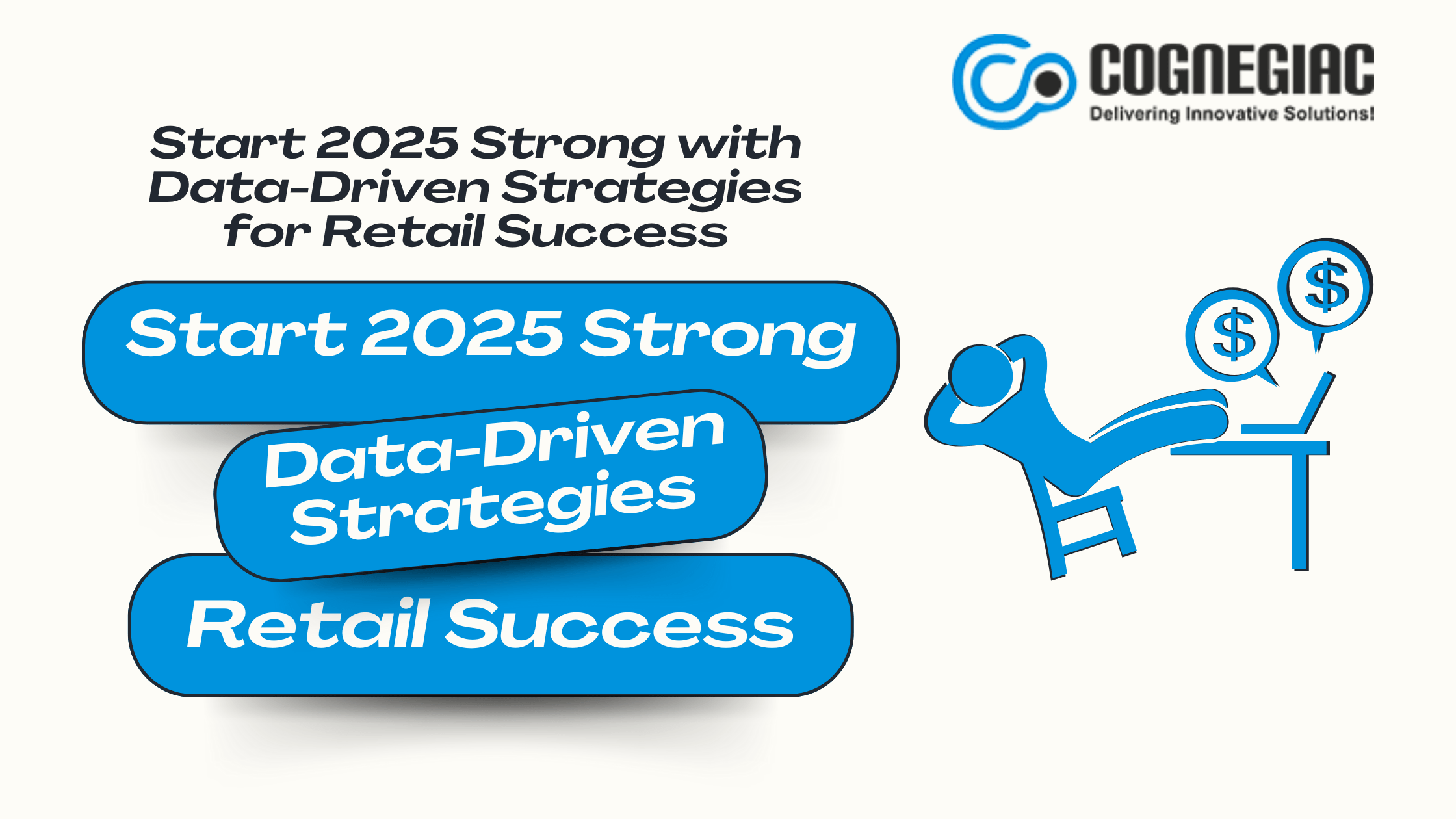
As the retail landscape continues to evolve, the importance of leveraging data to optimize strategies has never been clearer. The start of a new year presents the perfect opportunity to refine your approach, adapt to emerging trends, and set a solid foundation for success. By harnessing customer insights and employing innovative techniques, retail professionals can create personalized experiences, improve decision-making, and drive growth. Here, we explore how leading brands are achieving success with data-driven strategies and how you can do the same.
The Power of Actionable Data
Data is the cornerstone of modern retail strategies. It enables businesses to understand customer behavior, preferences, and purchasing patterns, which are crucial for creating tailored shopping experiences. By analyzing data from various touchpoints—online and offline—retailers can identify trends and make informed decisions that resonate with their target audience.
For instance, actionable data allows brands to map out detailed shopper journeys. This includes understanding the steps customers take before making a purchase, identifying pain points, and finding opportunities to enhance the experience. By addressing these insights, businesses can improve customer satisfaction and boost conversion rates.
Leveraging A/B Testing for Impactful Decisions
A/B testing is a powerful tool for optimizing marketing strategies and making evidence-based decisions. By testing different variations of a webpage, email, or advertisement, retailers can determine what resonates best with their audience.
Leading brands utilize A/B testing to refine everything from website layouts to promotional messaging. For example, a retailer might test two versions of a product page to see which design drives higher engagement. Insights from these experiments allow teams to implement changes that lead to measurable improvements, ensuring resources are directed toward strategies that work.
Delivering Personalized Experiences at Scale with AI
Personalization has become a key differentiator in the retail space, and artificial intelligence (AI) plays a pivotal role in making it scalable. AI-powered tools can analyze vast amounts of data in real-time, enabling retailers to deliver highly customized experiences to each customer.
From personalized product recommendations to dynamic pricing, AI helps businesses cater to individual preferences. For example, an online retailer can suggest complementary products based on a shopper’s browsing history and previous purchases. This level of personalization not only enhances the shopping experience but also drives loyalty and repeat business.
Lessons from the Past Peak Season
Reflecting on the successes and challenges of the previous year’s peak season is crucial for planning ahead. By analyzing performance data, retailers can identify what worked well and areas that need improvement.
For example, many brands have found success by streamlining their supply chains to meet increased demand during peak shopping periods. Others have invested in omnichannel strategies, ensuring seamless integration between online and in-store experiences. By applying these lessons to your 2025 strategy, you can address potential bottlenecks and capitalize on proven tactics.
Starting the Year with Measurable Growth
Whether you’re a digital marketer, merchandiser, or retail executive, starting 2025 with a data-driven strategy is essential for achieving measurable growth. Here are actionable steps to get started:
- Audit Your Current Data: Evaluate the quality and scope of the data you’re collecting. Ensure it’s accurate, relevant, and comprehensive.
- Invest in Technology: Leverage tools that facilitate data collection, analysis, and implementation. From customer relationship management (CRM) systems to AI-driven platforms, the right technology can amplify your efforts.
- Foster Collaboration: Break down silos within your organization. Encourage teams to share insights and work together to create cohesive strategies.
- Focus on Customer-Centricity: Prioritize the needs and preferences of your customers. Use data to understand their expectations and tailor your offerings accordingly.
- Measure and Adapt: Continuously track the performance of your strategies. Use key performance indicators (KPIs) to gauge success and adjust your approach as needed.
Join the Conversation
To further explore these strategies and gain valuable insights from industry experts, consider participating in webinars and workshops focused on data-driven retail success. Learning from thought leaders and sharing experiences with peers can inspire new ideas and strengthen your approach.
In conclusion, starting the year with a focus on actionable data, personalized experiences, and lessons from past performance can position your business for a successful 2025. By embracing these strategies, retailers can not only meet but exceed customer expectations, driving growth and staying ahead in a competitive market.




